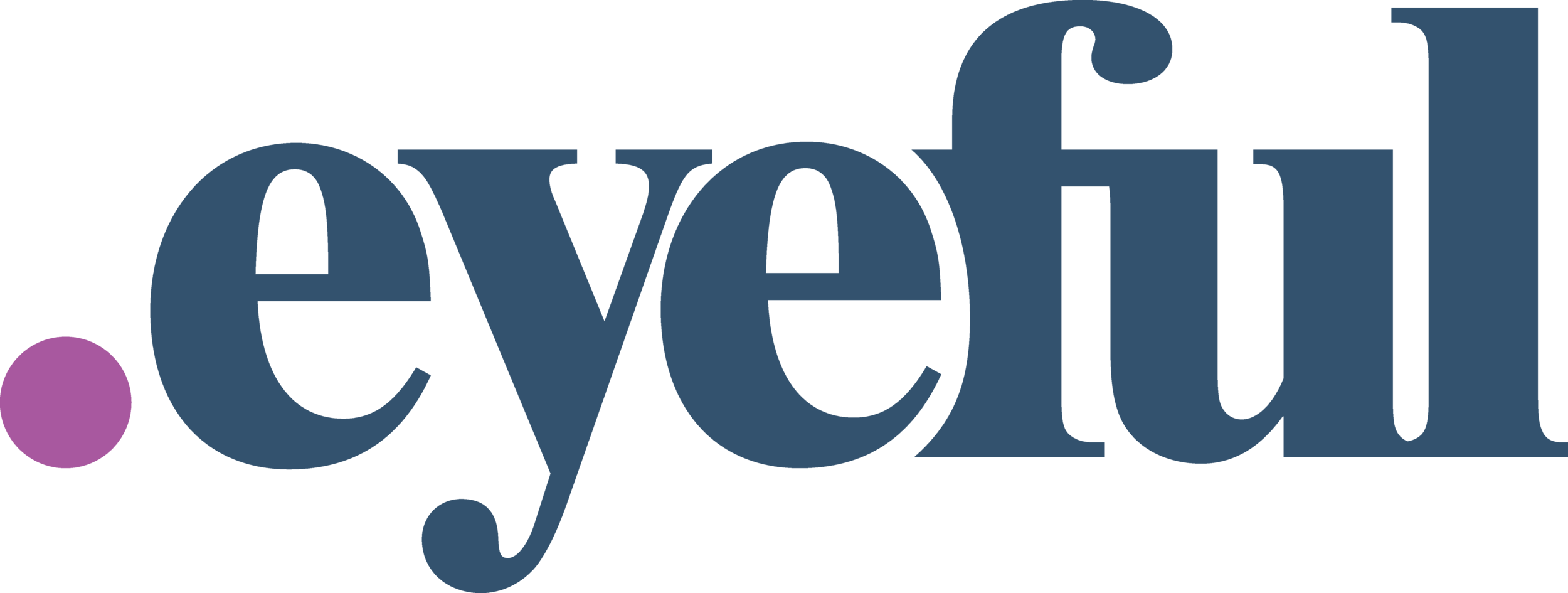5 Reasons Why Boutique Marketing Agencies are Better than the Big Shops
Eyeful Media is a boutique digital marketing agency that supports mid-market businesses and private equity firms.
Boutique marketing agencies are smaller, often more specialized firms that service clients that have a particular set of characteristics. These characteristics may be a specific vertical or company size, or they may be related to the scope of work the agency offers (e.g., digital marketing, creative, web development, or public relations).
Below are a few reasons we believe boutique marketing agencies are better at driving results, delighting clients, and providing a healthy environment for employees.
Table of Contents Show
1. Boutique agencies foster innovation versus rigid SOPs and playbooks
One of the most significant advantages of choosing a smaller marketing firm is that there is no set protocol for how things should be done. Although that may sound scary, it’s a significant benefit for clients.
Not having a prescriptive protocol means that the employees are generally more empowered to optimize marketing channels how they believe best serves clients, instead of following a specific playbook that may or may not be outdated.
Larger agencies often use junior talent to execute campaign changes, so they must build precise standard operating procedures (SOPs) and playbooks to follow. Although these SOPs are based on an agency's best practices, they may not fit every client's situation.
We believe that it's best to allow those who are in close contact with the account and client to make decisions on what will drive the best results.
Employees at boutique firms still collaborate and brainstorm to ensure that they are focused on current best practices, and stay in touch with the latest trends, but have more freedom to innovate.
2. Smaller agencies deliver personal attention
Smaller agencies generally have fewer layers of management and manage smaller client rosters. As a result, marketing managers generally work on a handful of accounts instead of juggling a larger book of business.
The individuals working with our clients are generally only responsible for 2-5 accounts each, which allows them to understand the intricacies of our client’s business.
In some cases, we’ve seen paid search specialists at other agencies have as many as 30 accounts each to manage. This is another reason larger agencies use SOPs - there’s little room to deviate from a playbook.
Many mid-sized clients report feeling like a small fish in a big pond when they work with larger agencies, or feeling like they are working with a B or C team.
At a boutique firm, there is no B or C team - there is simply one team and clients are more likely to feel like a big fish regardless of their marketing budget.
3. Focus on culture
Smaller companies need to stand out to attract and retain employees, and as a result, they often need to focus on culture. Larger agencies may be able to attract talent with a broader set of benefits, but employees stay with smaller agencies because of the work, colleagues, and culture.
We believe that happier agency employees serve their clients better.
Boutique ad agencies also attract a unique breed of talent. The first 50 employees are generally comfortable with ambiguity, taking risks, and want to see things done differently than what they’ve experienced in the past.
Individuals with these traits like to challenge the status quo, and precisely what clients should ask for and expect from their agency partners.
4. Boutique agencies are less fragmented
Most boutique marketing firms have not yet added people in extremely nuanced roles. A paid search manager may be accountable for the client relationship, making changes in the account, analytics, and reporting. As a result, they have a broader view of what is happening with an account and the client's business.
Remember that this is different being a jack-of-all-trades, master of none. At smaller agencies, employees simply have more breadth in the areas related to their core function. (Note - Companies should avoid selecting a firm with generalist marketing employees, such as the same individual working on both paid and organic search.)
Although large agencies may have people in uniquely specialized roles, they are also often more fragmented, which may lead to greater inefficiencies. Communication may be lost in translation as directors, analysts, account managers, and others are working on just a portion of servicing the client’s account.
These dedicated roles also increase the agency’s expenses and overhead, so they often have to charge clients more.
5. Access to company leadership and senior talent
As with most small businesses, at a boutique agency, there is greater access to company leadership and senior levels of talent. Clients generally have a direct line of communication to the CEO, VPs, and senior directors in a boutique marketing agency.
Whether the communication exists for creative brainstorming or escalation, it's always helpful for clients to have a direct line of access to the company’s leaders.
Keep in mind that when the client has direct access to company leadership, it's likely that the entire employee base does, as well. This means that there is a greater level of attention being paid to day-to-day happenings, such as which programs are running well and to ensure that marketers on the team are beings sufficiently challenged to evolve and test.
The best way to choose the right agency for your business is to meet the team. Reach out to learn more.

